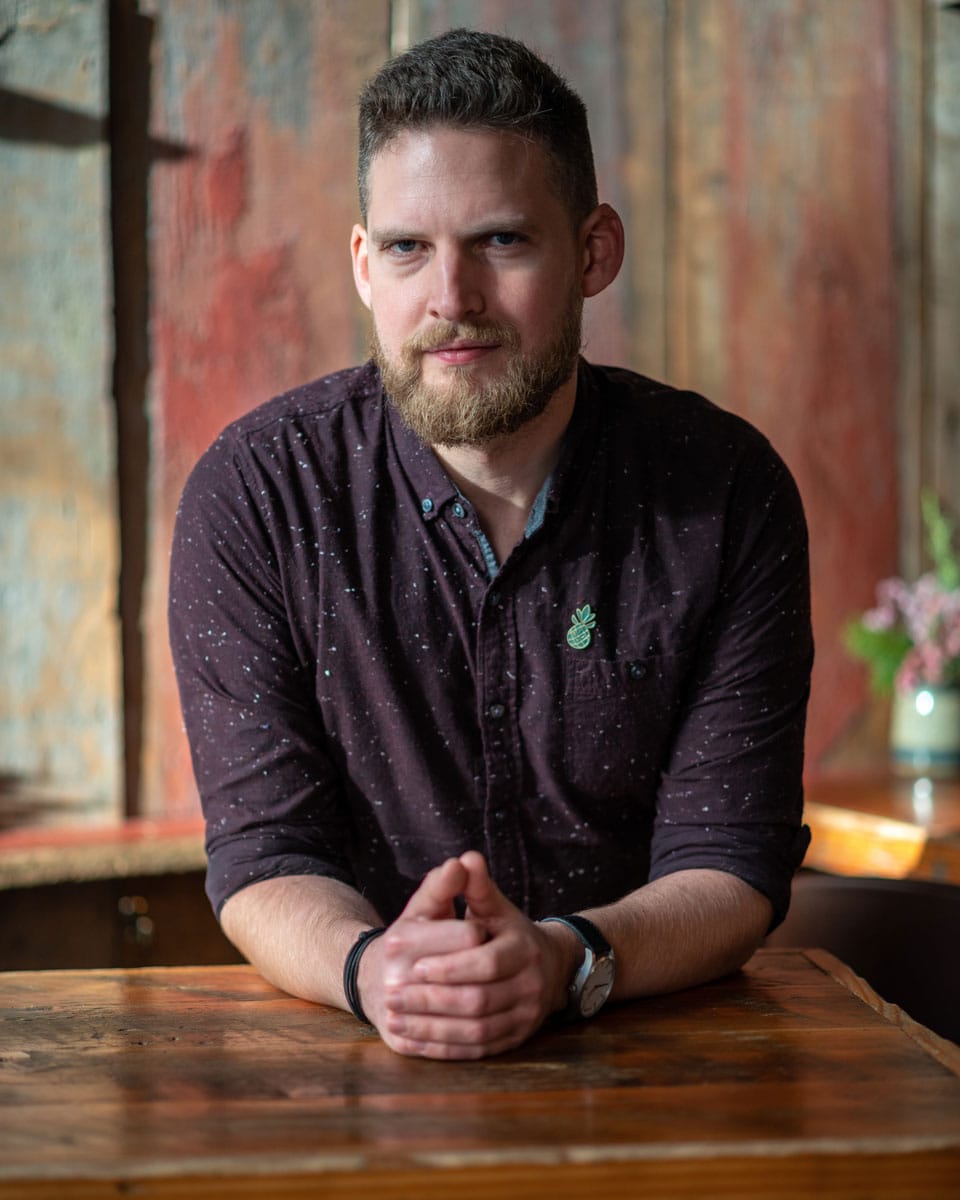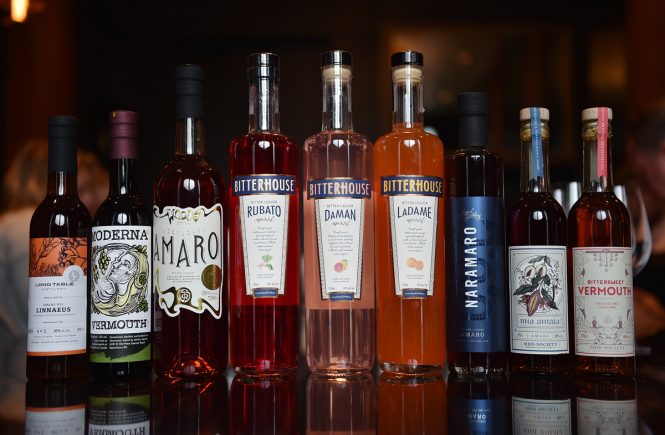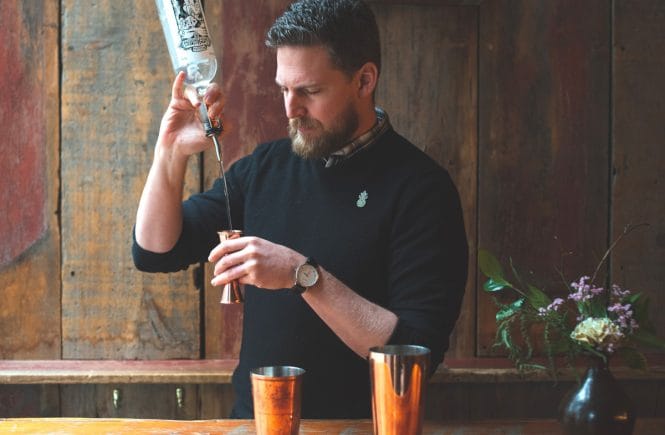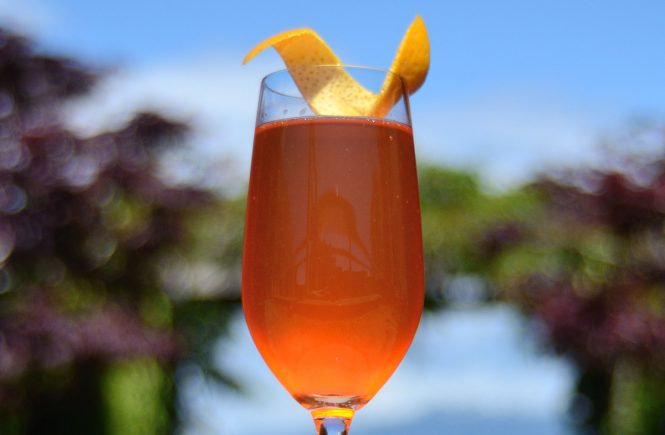The hospitality industry isn’t always great for mental health. Now we’re doing something about it

The conversation surrounding mental health in the hospitality industry is finally gaining momentum. Published studies are showing that hospitality employees are put under extremely high stress compared to most other industries. Statistics Canada shows we top all other industries when it comes to alcohol and illicit drug abuse. To quote celebrity chef Cat Cora: “We are dealing with an epidemic of mental illness in our industry.”
Community leaders around the globe are stepping forward to voice their concerns, and some have publicly acknowledged their own demons. We’ve seen icons like Anthony Bourdain and Sasha Petraske succumb to the perils of mental illness, while others, like chefs Sean Brock and David McMillan, have begun to promote a sober lifestyle.
All of that is moving the conversation surrounding self-care toward the forefront of industry discussion.
Now industry support and advocacy groups have begun to spring up. Among them are Toronto’s Not 9 to 5, London’s Healthy Hospo and British Columbia’s Mind the Bar Foundation, of which I’m a founding director. Last November, Mind the Bar gained worldwide attention when we won $65,000+ in Altos Tequila’s Tahona Society competition by presenting a not-for-profit program intent on providing resources for those struggling with issues surrounding anxiety, depression, harassment and addiction.
The movement won’t come without its speedbumps, especially as many employers don’t have dedicated human resources departments or benefits to assist employees even if they do ask for help.
But perhaps most critically, the hospitality industry is built around a work culture where we are expected to take care of our guests before we take care of ourselves. We’re pressured to persist under any circumstances, personal health, whether physical or emotional, be damned. We’re told being or appearing weak is unacceptable.
We are dealing with an epidemic of mental illness in our industry.
It’s an attitude that’s deeply ingrained in our culture. It’s a systemic problem that self-care alone cannot change, especially when even going to a yoga class or forgoing a post-shift drink might be more effort than one can muster.
If we’re surrounded by rhetoric that teaches us to not be burdensome to others, how feasible is it that someone might reach out and ask for help? It’s time to move beyond the idea that rugged, self-sufficient idealism is enough to change the tide in our industry. We must be willing to unify together in support of one another and normalize conversations around mental health with an open, ongoing dialogue.
At one point in time, the subject of cancer was taboo, but we were able to evolve from that. Today, if I mention I’ve participated in a cancer fundraiser I’ll hear stories of how cancer has personally affected people. But when I tell people I helped found a mental health not-for-profit I’m rarely, if ever, met with a personal story about how mental illness has had an impact on someone’s life.
If we can change that attitude, those afflicted will feel less isolated and a system of support will be highlighted.
The ability to build a support network of empathetic peers and contemporaries will help us survive and thrive in a system that’s essentially been built against us. It’s time we educate ourselves on how to effectively communicate with someone who might be dealing with mental health problems. And we can show them there’s an entire industry willing to lend a hand as they work through it.
ABOUT MIND THE BAR: Mind the Bar Foundation was started in January 2018 by Shoel Davidson, the co-owner/operator of Dixie’s BBQ and Gringo. Its mandate is to help hospitality industry professionals deal with mental health issues, and to end the stigma around those same issues. If you are facing your own struggle, the website has links to 24-hour crisis lines and other resources. mindthebar.com
—by Alex Black




